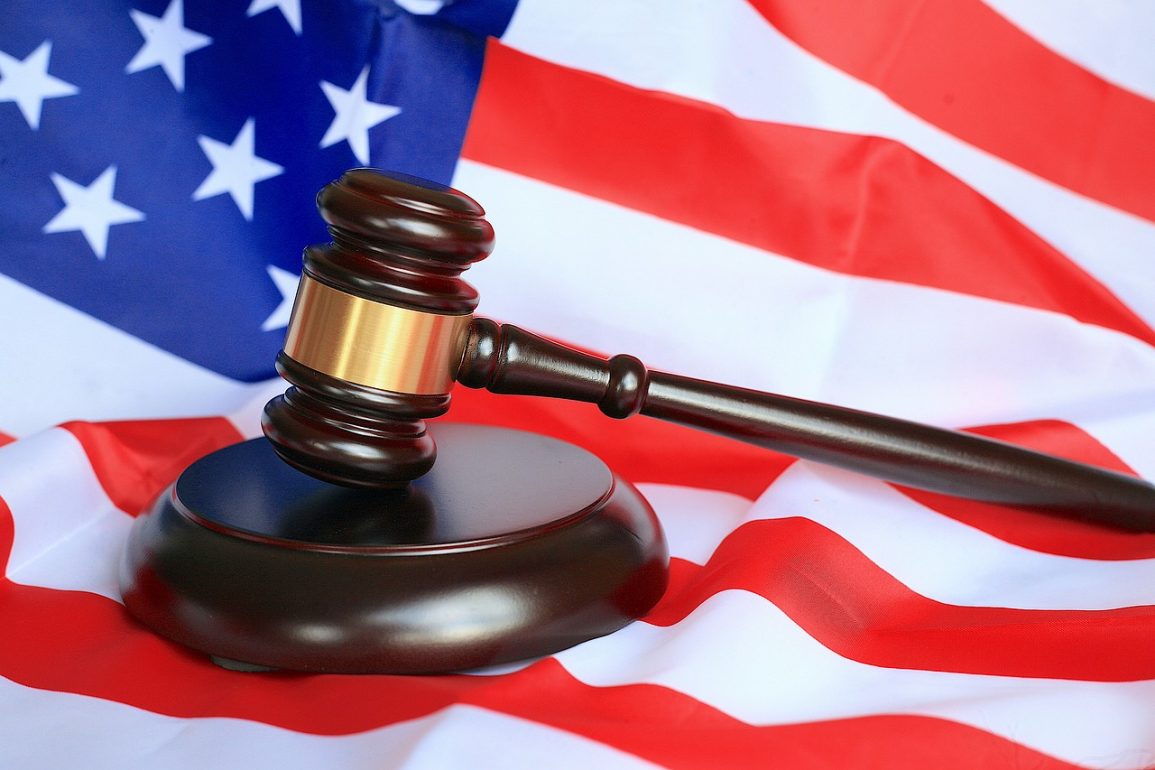California has launched a landmark lawsuit against major oil companies, alleging their involvement in a decades-long campaign to obscure the link between fossil fuels and climate change.
Filed on Friday in San Francisco Superior Court by Attorney General Rob Bonta, the 135-page complaint accuses BP, Chevron, ConocoPhillips, Exxon Mobil, Shell, and the American Petroleum Institute (API) of deliberately misleading the public since the 1970s.
The state’s lawsuit contends that this disinformation campaign has not only delayed climate action but also intensified extreme weather events, resulting in billions of dollars in recovery costs.
California is seeking an abatement fund from the defendants to support future climate damage recovery and compensation for the costs associated with climate-driven disasters.

This move reflects a growing trend of climate litigation against fossil fuel companies across the U.S., but California’s case stands out due to the state’s significant climate impacts and potential financial damages.
The sheer volume of extreme weather events in California could lead to higher costs for the oil companies if they lose the case, compared to smaller states.
Korey Silverman-Roati from Columbia University’s Sabin Center for Climate Change Law notes that California’s involvement could encourage other states and cities to pursue similar lawsuits.
The timing of the lawsuit is also crucial, coming after the Supreme Court’s April decision to keep these cases in state rather than federal courts, which could be advantageous for the state.
Governor Gavin Newsom has publicly supported the lawsuit, emphasizing the severe consequences of the defendants’ alleged deception.
The complaint alleges that their actions caused significant harm to people, property, and natural resources, echoing past successful legal strategies used in cases against the tobacco and opioid industries.
Defendants, including Chevron, API, Shell, and others, have denied the allegations, claiming the lawsuit is politically motivated and a waste of taxpayer resources. However, this case could set a precedent for holding major industries accountable for misleading the public about the safety of their products.

